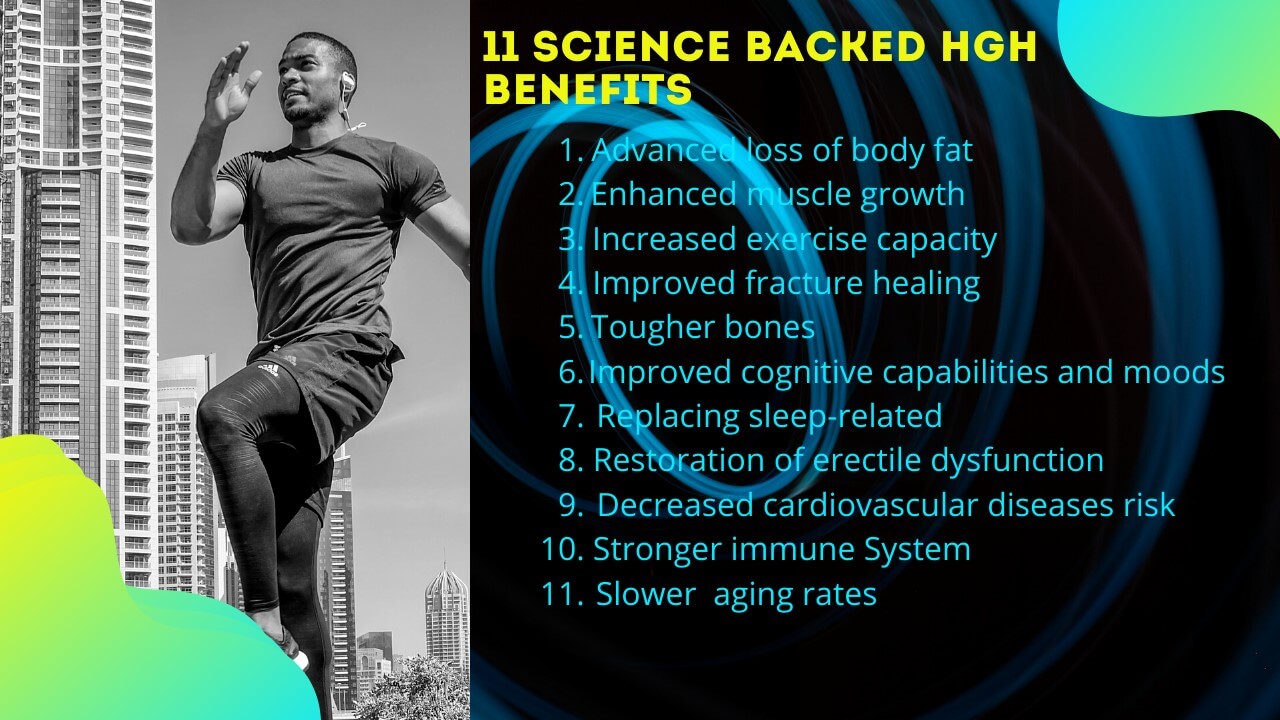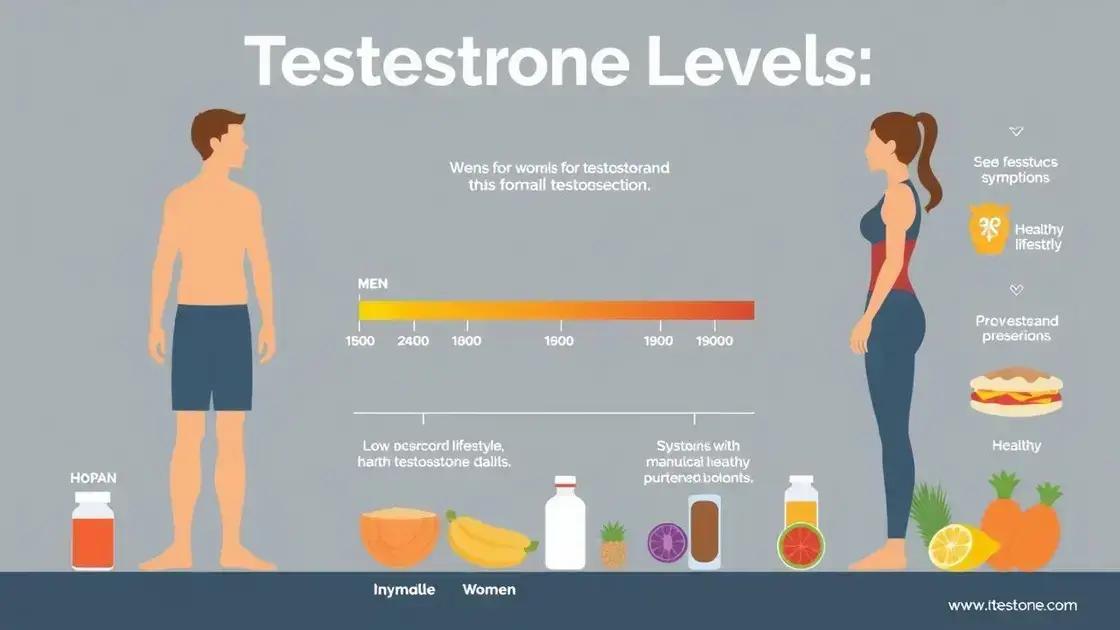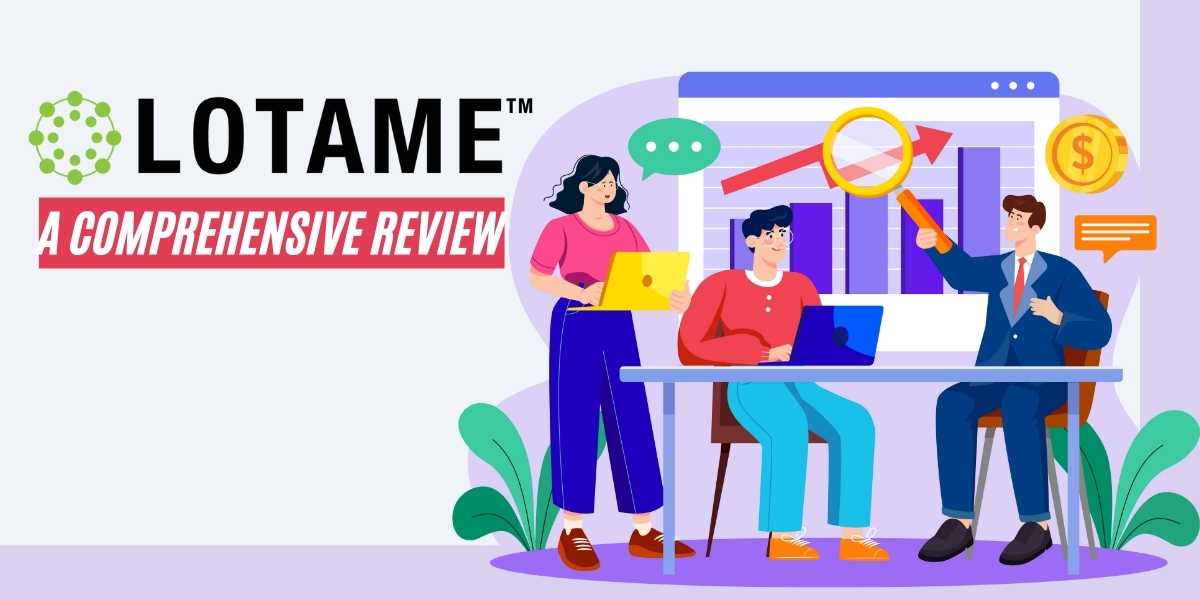
Boost Your Wellness: The Potential Benefits and Risks of HGH Therapy
Human Growth Hormone (HGH) is a peptide hormone that plays a critical role in growth, body composition, cell repair, and metabolism. It is produced by the pituitary gland and stimulates growth and cell reproduction in humans. HGH has garnered attention for its potential in various applications, from medical treatments to anti-aging and bodybuilding. However, its use comes with a range of considerations, benefits, and potential risks.
What is HGH?
HGH, or somatotropin, is a protein that consists of 191 amino acids. It is crucial for growth and development during childhood and adolescence. In adults, HGH continues to play a significant role in maintaining tissue and organ health, promoting muscle growth, and influencing metabolism.
How is HGH Produced?
The production of HGH in the body is regulated by the hypothalamus, which releases growth hormone-releasing hormone (GHRH) that stimulates the anterior pituitary gland to produce and secrete HGH. HGH levels naturally fluctuate throughout the day, with the highest levels typically occurring during sleep. Factors such as age, sex, exercise, nutrition, and stress can influence HGH levels.
Benefits of HGH
1. Improved Muscle Mass and Strength
One of the primary benefits of HGH is its ability to enhance muscle mass. Studies suggest that HGH can promote an increase in lean body mass and strength, making it popular among bodybuilders and athletes. Additionally, it helps reduce body fat, creating a more defined physique.
2. Anti-Aging Effects
HGH has been associated with potential anti-aging benefits, including improved skin elasticity and a reduction in wrinkles. Some proponents claim that HGH therapy can reverse certain aspects of aging, enhancing overall vitality and wellness.
3. Enhanced Recovery and Healing
HGH is known for its healing properties. It aids in the recovery of injuries by promoting tissue repair and regeneration. This characteristic can be particularly beneficial for athletes in eliminating downtime from injuries.
4. Metabolic Benefits
HGH helps improve metabolism by increasing lipolysis, the breakdown of fats. This can aid weight loss and improve body composition. HGH also plays a role in regulating blood sugar levels, contributing to overall metabolic health.
5. Increased Bone Density
Research indicates that HGH can help increase bone density, which is particularly important for aging adults who are at a higher risk of osteoporosis.
HGH Deficiency
HGH deficiency can occur due to various medical conditions or tumors affecting the pituitary gland. Symptoms of HGH deficiency include increased body fat, decreased muscle mass, low energy levels, and impaired cognitive function. Treatment often involves HGH replacement therapy, which may alleviate some of these symptoms.
Risks and Side Effects of HGH
Despite its benefits, HGH has potential side effects and risks, particularly when taken without medical supervision. Users may experience:
- Swelling and joint pain
- Increased risk of diabetes
- Carpal tunnel syndrome
- Potential for tumor growth
- Heart disease and hypertension
It is crucial to consult a healthcare professional before starting HGH therapy, particularly for those with preexisting medical conditions.
HGH and Bodybuilding
HGH is frequently used in bodybuilding for its muscle-building and fat-burning properties. Athletes often seek to use HGH to enhance performance results. While some bodybuilders claim significant benefits, the use of HGH in sports raises ethical questions and can lead to severe health ramifications.
HGH Forms and Administration
HGH is available in various forms:
1. Injections
The most common form of HGH therapy is via injections. This method allows for precise dosing and is often used in medical settings for HGH deficiency.
2. Inhalable HGH
Research is ongoing regarding inhalable forms of HGH, though it has not been widely adopted due to potential inefficacies in absorption.
3. Oral Supplements
Various oral supplements claim to boost HGH levels naturally. However, the effectiveness of these supplements is often debated, and scientific backing is limited.
Legal and Ethical Considerations
The use of HGH is regulated in many countries. In the U.S., for example, HGH is approved for specific medical conditions but is classified as illegal for muscle enhancement or anti-aging purposes without a prescription. Athletes using HGH may face sanctions from sports governing bodies. The ethical implications of using HGH for performance enhancement continue to spark debate.
Conclusion
Human Growth Hormone serves various crucial functions in the body, impacting growth, metabolism, and tissue repair. Although it presents several benefits, the risks associated with its unregulated use underscore the importance of medical guidance. Whether for medical treatment or athletic performance, it is vital to approach HGH with caution and awareness of its potential consequences. Always consult a healthcare professional for personalized advice tailored to individual health needs.
FAQs about HGH
1. Is HGH illegal to use?
In many countries, HGH is legal for specific medical conditions but illegal for non-prescription use in sports or bodybuilding. Always check local regulations.
2. Can I take HGH without a prescription?
No, using HGH without a prescription can pose significant health risks and is prohibited by sports organizations.
3. What are the natural ways to increase HGH levels?
Natural methods to increase HGH include high-intensity interval training (HIIT), proper sleep, and a balanced diet rich in protein.
4. Are there side effects of taking HGH?
Yes, side effects may include joint pain, swelling, insulin resistance, and increased risk of tumors. Consultation with a healthcare provider is crucial.
5. Can HGH help with weight loss?
HGH may assist in weight loss by promoting fat burning and increasing muscle mass, but this should only be pursued under medical supervision.
For further reading on HGH and its implications, you can visit the following resources:
FREE SHIPPING
CLICK HERE!
HOT PROMOTIONS!
Human Growth Hormone (HGH), also known as somatotropin, is a peptide hormone produced by the anterior pituitary gland. It is crucial in stimulating growth, cell reproduction, and regeneration in humans. HGH plays a vital role in childhood development and continues to affect various bodily functions well into adulthood. As individuals age, the natural production of HGH decreases, often leading to changes such as decreased muscle mass, increased body fat, and reduced energy levels. Understanding the implications of HGH and its regulation is essential for appreciating its significance in human health.
The primary role of HGH is to promote growth in children and adolescents. It stimulates the liver and other tissues to produce insulin-like growth factor 1 (IGF-1), which is critical for anabolic processes, including protein synthesis and cell growth. In children, adequate levels of HGH are necessary for normal physical development; therefore, deficiencies can lead to growth disorders, such as dwarfism. Beyond its direct role in growth, HGH also influences body composition by promoting fat breakdown and muscle growth, further highlighting its importance in physical health throughout life.
In recent years, synthetic HGH has gained attention for its potential benefits in anti-aging therapies, athletic performance enhancement, and bodybuilding. Some proponents argue that HGH can improve muscle tone, reduce body fat, and contribute to overall vitality in older adults. However, the use of HGH as a performance-enhancing drug is controversial and often illegal in many sports. The potential side effects of misuse, such as joint pain, insulin resistance, and increased risk of certain diseases, cannot be overlooked. As a result, research continues to explore both the therapeutic potential and risks associated with HGH use.
Moreover, HGH therapy is a recognized treatment for specific medical conditions, including growth hormone deficiency in children and adults, Turner syndrome, and chronic kidney disease. In these cases, HGH replacement therapy can significantly improve quality of life and physical health outcomes. However, the therapy is not without its ethical dilemmas, especially when it comes to off-label uses for anti-aging or athletic performance. Regulatory bodies like the FDA maintain strict guidelines regarding the prescription and use of HGH, emphasizing the need for medical oversight to prevent abuse.
In conclusion, while human growth hormone plays a fundamental role in growth and development, its implications extend far beyond childhood. Understanding the complexities surrounding HGH, from its natural decline with age to the risks of misuse, informs ongoing discussions about its potential benefits in medicine and sports. As research continues to unfold, it is crucial for individuals and healthcare providers to navigate the intricacies of HGH with a well-informed and cautious approach, balancing the desire for enhanced performance and longevity with the importance of safety and ethical considerations.
















